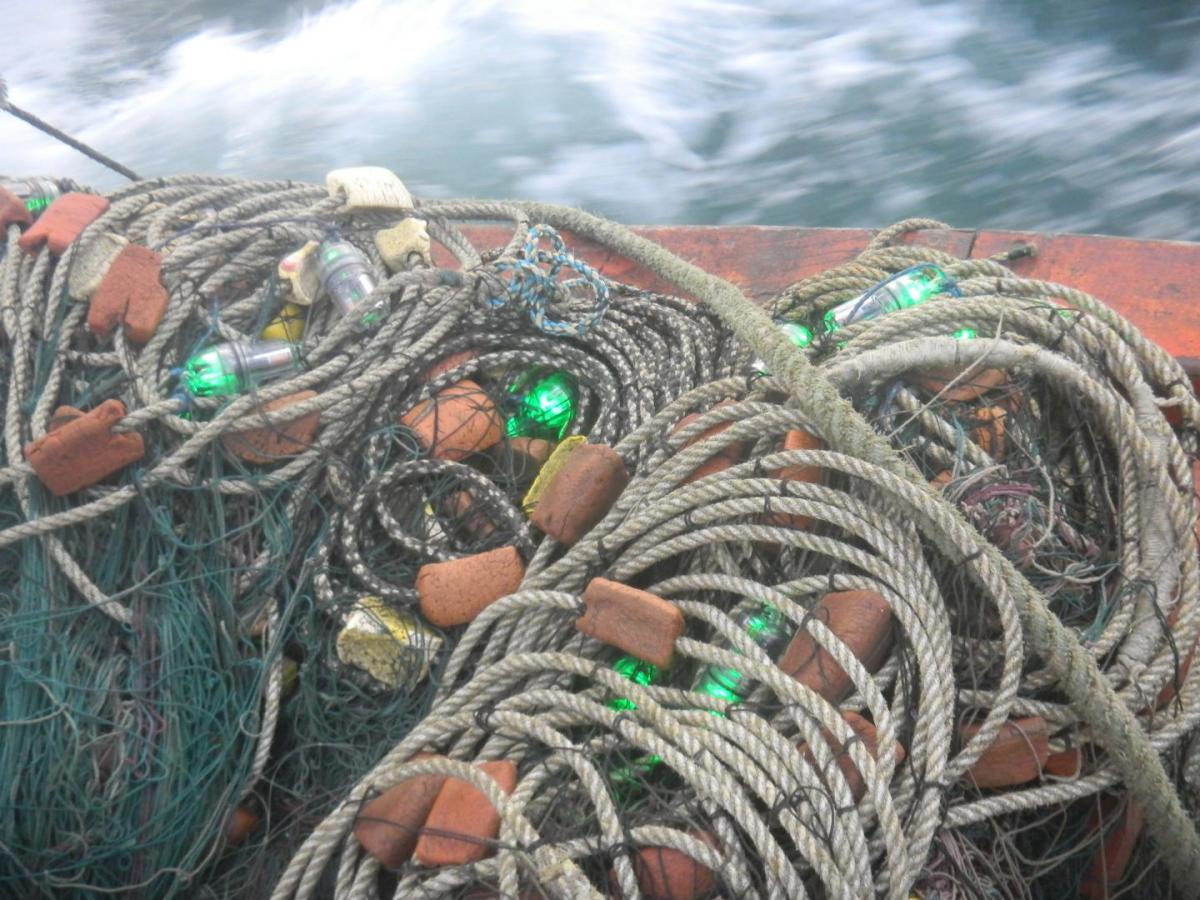 In which we look forward to the next century (yikes!) and back to the last. Also, turtles and dinosaurs.
In which we look forward to the next century (yikes!) and back to the last. Also, turtles and dinosaurs.
- The Struggle of Clear Climate Communication, The Atlantic, March 23, 2016 — Robinson Meyer takes the publication of James Hansen’s disturbing and controversial paper in Atmospheric Chemistry and Physics as occasion to ruminate about the importance of reporting on science accurately and without sensationalism. You might want to check out my take on Hansen's communication choices here.
- Most Dinosaur Species Are Still Undiscovered, Laelaps, March 23, 2016 — The always excellent Brian Switek reports on a new study which, if correct, shows “we’re not even close to hitting Peak Dinosaur yet.” We are sorry to learn that National Geographic will be discontinuing Laelaps in April 2016, and we wish Switek the best of luck in whatever he chooses to do next.
- Illuminated Fishing Nets Save Sea Turtles, Laboratory Equipment, March 24, 2016 — University of Exeter researchers have found that putting LEDs on fishing nets is a cost-effective method to save sea turtles from accidental capture and death. The lights did not reduce the catch of intended species; only turtle bycatch. A great potential solution to a serious problem, with minimal negative economic impact!
- XKCD Author Will Explain Things with Stick Figures in Science Textbooks, Mashable, March 24, 2016 — Some new high school science textbooks, including biology, chemistry, and physics publications from Houghton Mifflin Harcourt, will include figures from Thing Explainer, the delightful book by Randall Munroe, best known as the creator of the webcomic XKCD. His simple, amusing, and surprisingly informative drawings should prove an excellent addition to the science classroom.
- How Much Has the Town Where the Scopes Trial Took Place Evolved Since the 1920s?, Smithsonian, April 2016 — Franz Lidz visits Dayton, Tennessee, to see how the Scopes trial of 1925 is remembered and commemorated. “The characters in the Scopes Trial drama were in many ways overdrawn, even without added theatrical flourish,” says native Rachel Held Evans. “And I often wonder if that forever changed how we view the tension between science and faith.”

